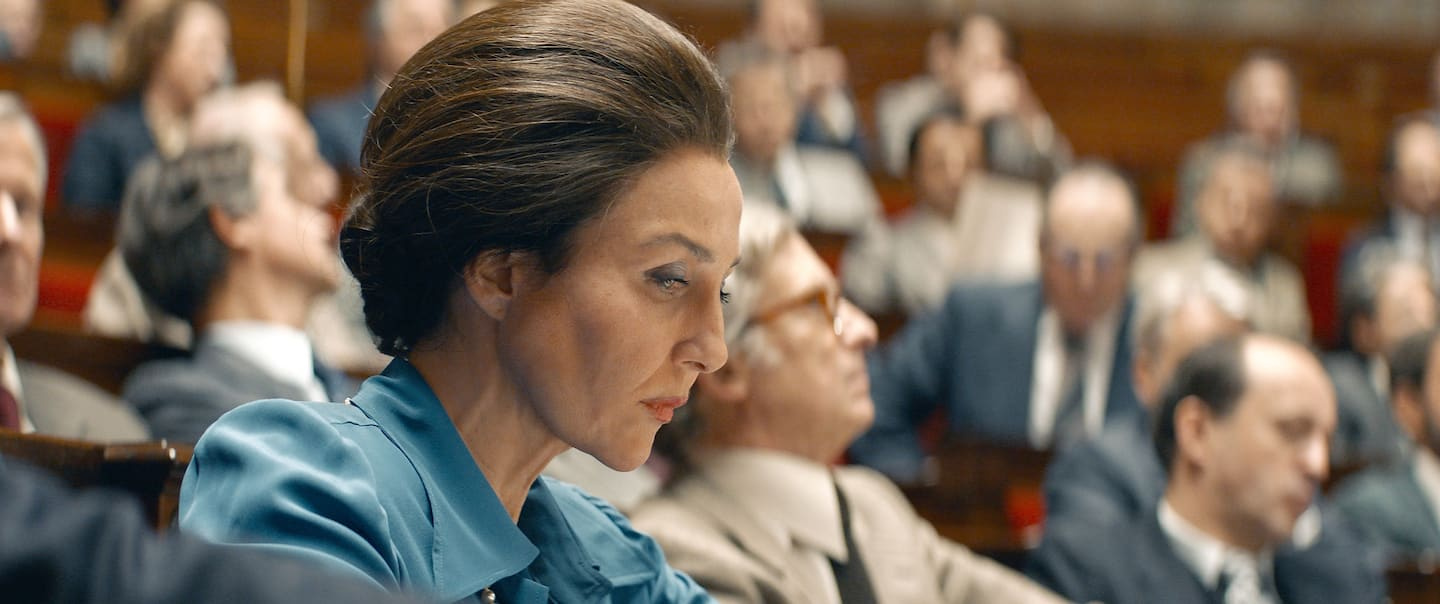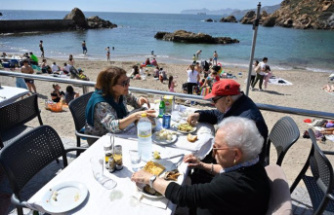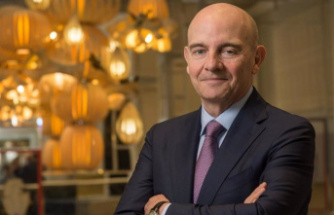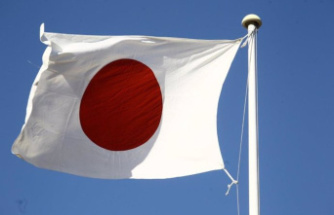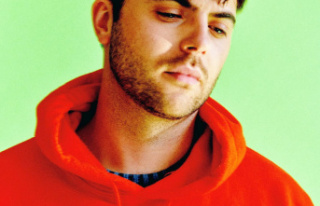After making films about Edith Piaf (La môme) and actress Grace Kelly (Grace of Monaco), French filmmaker Olivier Dahan tackled another great legendary figure by bringing Simone's life to the screen. Veil, an icon of the fight for women's rights in France.
Showing since yesterday in Quebec, her new film, Simone, le voyage du siècle, recounts the inspiring journey of French stateswoman Simone Veil, focusing so much on her difficult childhood (she survived the 'Holocaust after being deported to Auschwitz at age 16, but she lost her father, brother and mother there) than to her remarkable political career.
Appointed Minister of Health by President Valéry Giscard d'Estaing in 1974, Simone Veil quickly established herself as a great defender of the fight against discrimination against women. It was she who adopted in 1975 the law decriminalizing the use of abortion in France.
It was actress Elsa Zylberstein (Un Une) who approached Olivier Dahan with the idea of writing and directing a biographical drama on the life of Simone Veil.
“Elsa had a desire to be an actress,” the filmmaker confided in an interview granted by videoconference last January.
"It's a project she's been carrying around for quite some time. I said yes quite quickly, even if this proposal came at a time when I didn't really want to make movies anymore. My fights with [producer] Harvey Weinstein during the editing of Grace of Monaco had tired me and drained a lot of energy. »
A trilogy
Even if the realization of Grace of Monaco (with Nicole Kidman in the title role) proved to be frustrating in several respects for Olivier Dahan [recall that the princely family severely criticized the film], the filmmaker jumped at the chance to produce a third portrait of a woman.
"From the start, I had in mind to do three," he reveals. I thought of these films as a trilogy. I wanted to make a film about an artist (Édith Piaf), another about an actress who does not understand the role she plays (Grace Kelly) and a last about a politician. »
To write the screenplay for Simone, the journey of the century, Olivier Dahan devoured everything that has been written about Simone Veil, both her biographies and the newspaper articles about her. He also watched most of the long interviews she gave on television.
“I did it all at once,” he describes. I wrote the film very quickly by discovering his life. As soon as I learned an element of his life that interested me, I immediately integrated it into my script. »
The moment of truth
As with his two previous biographical dramas, the filmmaker did not want to involve Simone Veil's family in the film's writing process.
“My ambition was not to tell the life of Simone Veil. Rather, I wanted to portray him and appropriate his speech to talk about today's society, "he says.
"That said, I still talked to Simone Veil's children. They were quite worried about us making a film about their mother and their family, but they let me. I showed them the end result and that was kind of the moment of truth for me, because they got to know her better than anyone. But they loved the movie and they really thanked me for making it like that. »
The film Simone, the journey of the century was released yesterday.

